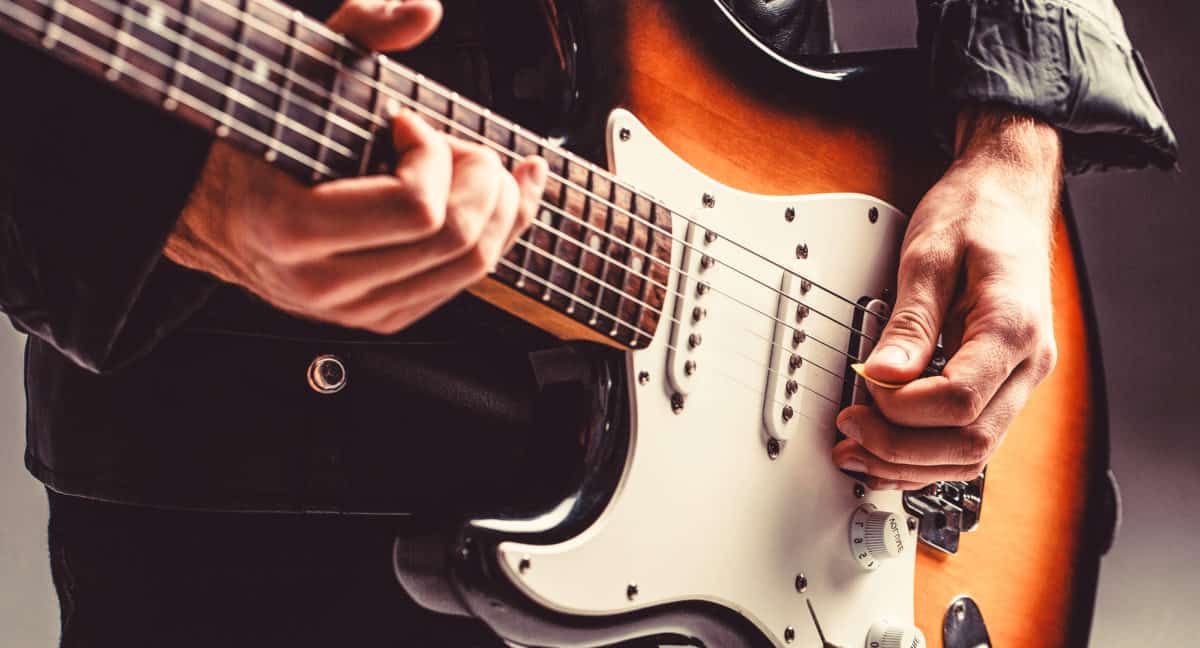- Volunteering for Hearing Health Causes - May 27, 2025
- Questions to Ask During Your Hearing Health Appointment - May 16, 2025
- Exploring Alternative Therapies for Hearing Loss - May 6, 2025
Even though everyone should be able to hear well, there are some jobs that require it. For example, if you work as an air traffic controller, an emergency dispatcher, or in law enforcement, you need to hear well for everyone’s safety. Hearing is also important in many factory and trade jobs. If you can’t hear someone yell a warning, you’re much more likely to get hurt at work. People who work as performers and musicians in the music industry also need to be able to hear well.
How Music Can Help
Can you picture a world where there is no music? For many of us, music is a big part of our lives. We listen to music on the way to work, at the gym, when walking the dog, and even when we’re having a quiet night in. Plato once said, “Music gives the world a soul, the mind wings, the imagination flight, and everything life.” How long could you go without music? When you can’t hear well, music loses its full, rich sound, and you might turn off the radio rather than listen to the thin, unbalanced sounds that used to be so beautiful.
Music can change your mood, make you feel better when you’re sad, relieve stress, and help you unwind before bed. Everyone loves going to live concerts, and many of us can’t imagine our lives without our favorite band. For musicians with hearing loss, it can be heartbreaking to have trouble hearing.
Hearing Loss and Musicians: A Study
A recent qualitative study, which came out in November 2018 in the Journal of the American Academy of Audiology, looked at how hearing loss affects how people hear music and how this affects how well musicians can play. They looked at a number of amateur musicians who played percussion, wind, reed, brass, and string instruments in an ensemble and asked them questions about how their hearing loss affected them. Hearing loss made it very hard for musicians to hear the conductor, take part in rehearsals, and play well. They also found it harder to enjoy the music and felt like they had lost something very important.
Aids for the ears of musicians
People often talk about how hearing aids make it easier to understand speech, even in places where there are a lot of other sounds. They help you hear at work, at dinner with your family, and when you go for a run in the morning. Even though all modern hearing aids do a great job of helping you hear, not as much is said about the quieter sounds in our environment, such as the subtleties of music. Do hearing aids help people understand and appreciate music, or do they make it harder for them to listen to or play music?
Hearing aids do help, say musicians, when it comes to listening to music. They can hear a full sound, and they can hear soft sounds just as well as loud ones. Hearing aids also make the sound clear and full, so you can hear all the different tones that give music its full sound.
Many of the musicians who took part in this study said that hearing aids helped them the most during music rehearsals because they could hear the conductor clearly. Music rehearsals can be noisy, with papers rustling, chairs being moved, or someone retuning an instrument. When you need to hear the conductor, a hearing aid will help you block out background noise, focus on sounds in front of you, and boost speech sounds so you can hear every word they say and follow their directions.
HearCare Rhode Island
Visit us at HearCare RI today to find out what hearing aid options are available, whether you like music or are a musician with hearing loss. All of our hearing aids use advanced hearing technology, and some have special programs and settings made with musicians in mind. These programs and settings improve sound quality and clarity, letting you hear individual instruments and the nuances in the music again, and letting you hear music in a more natural way.

